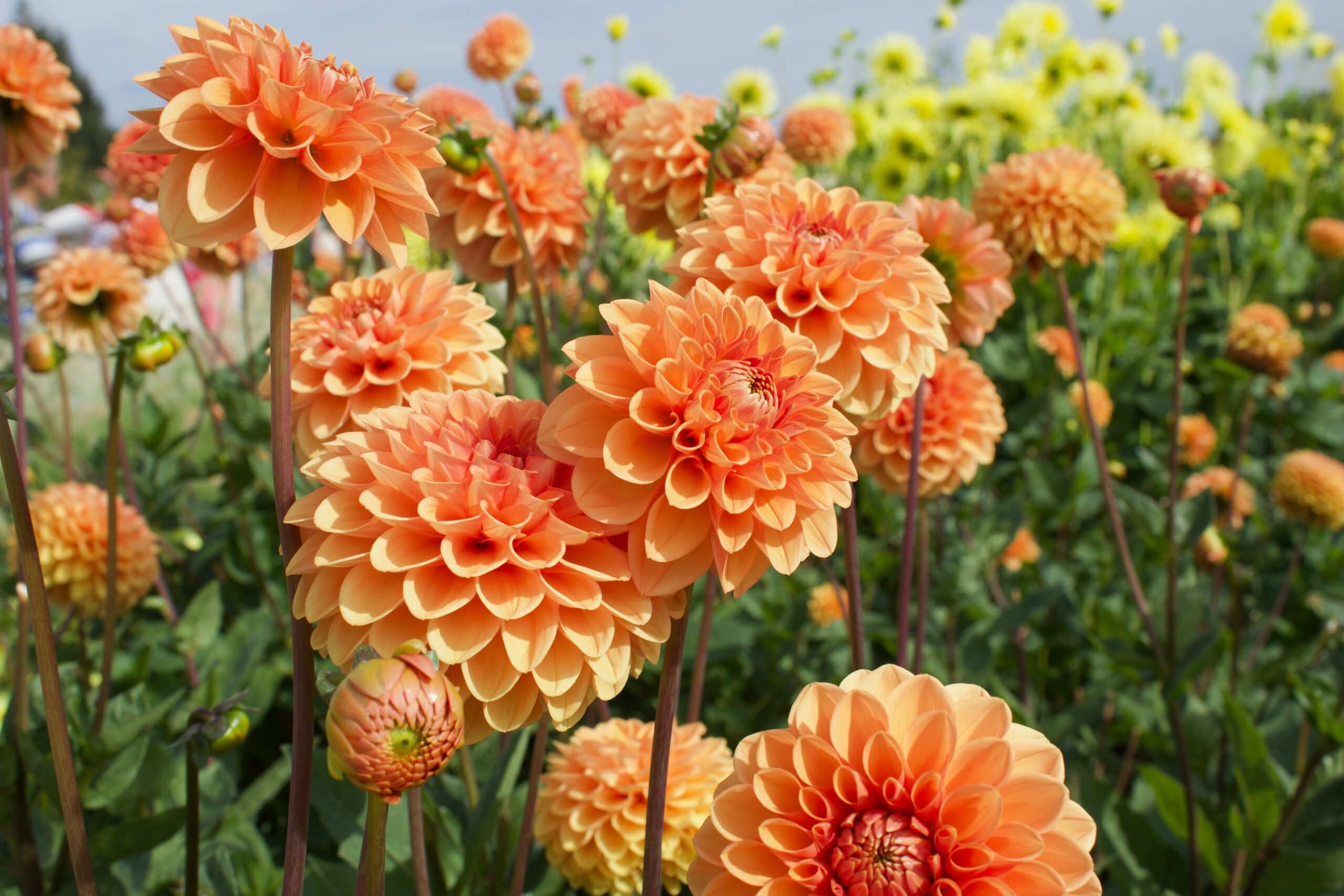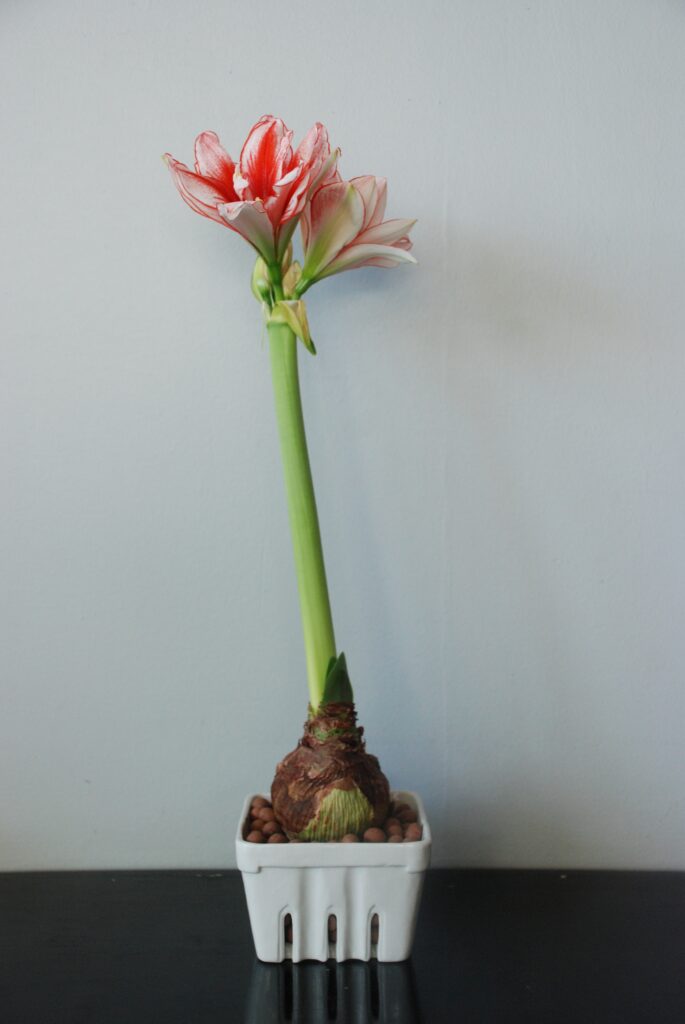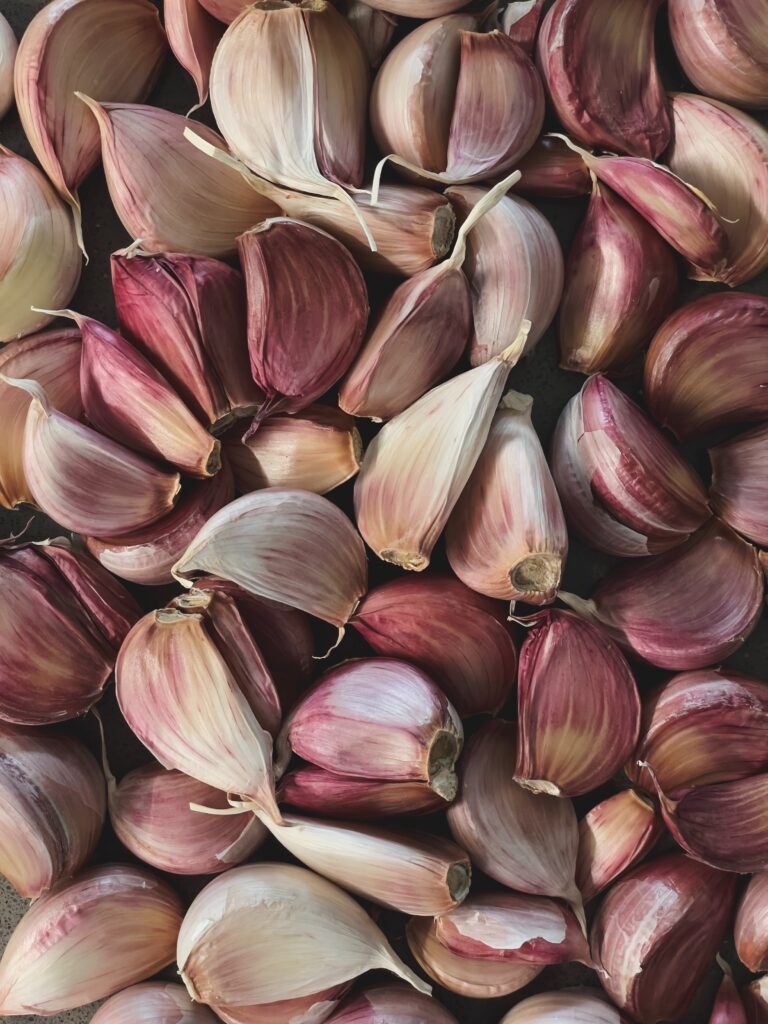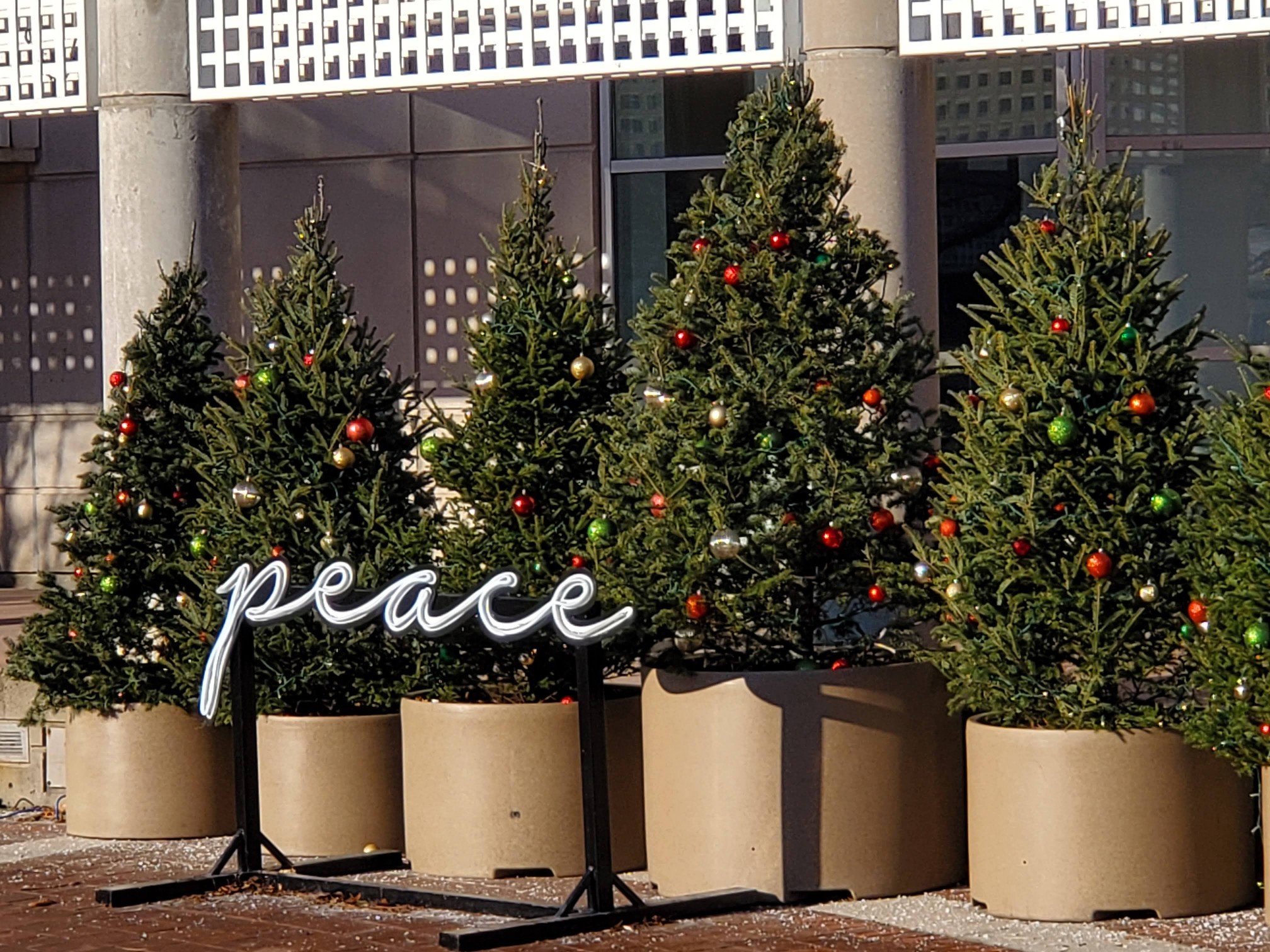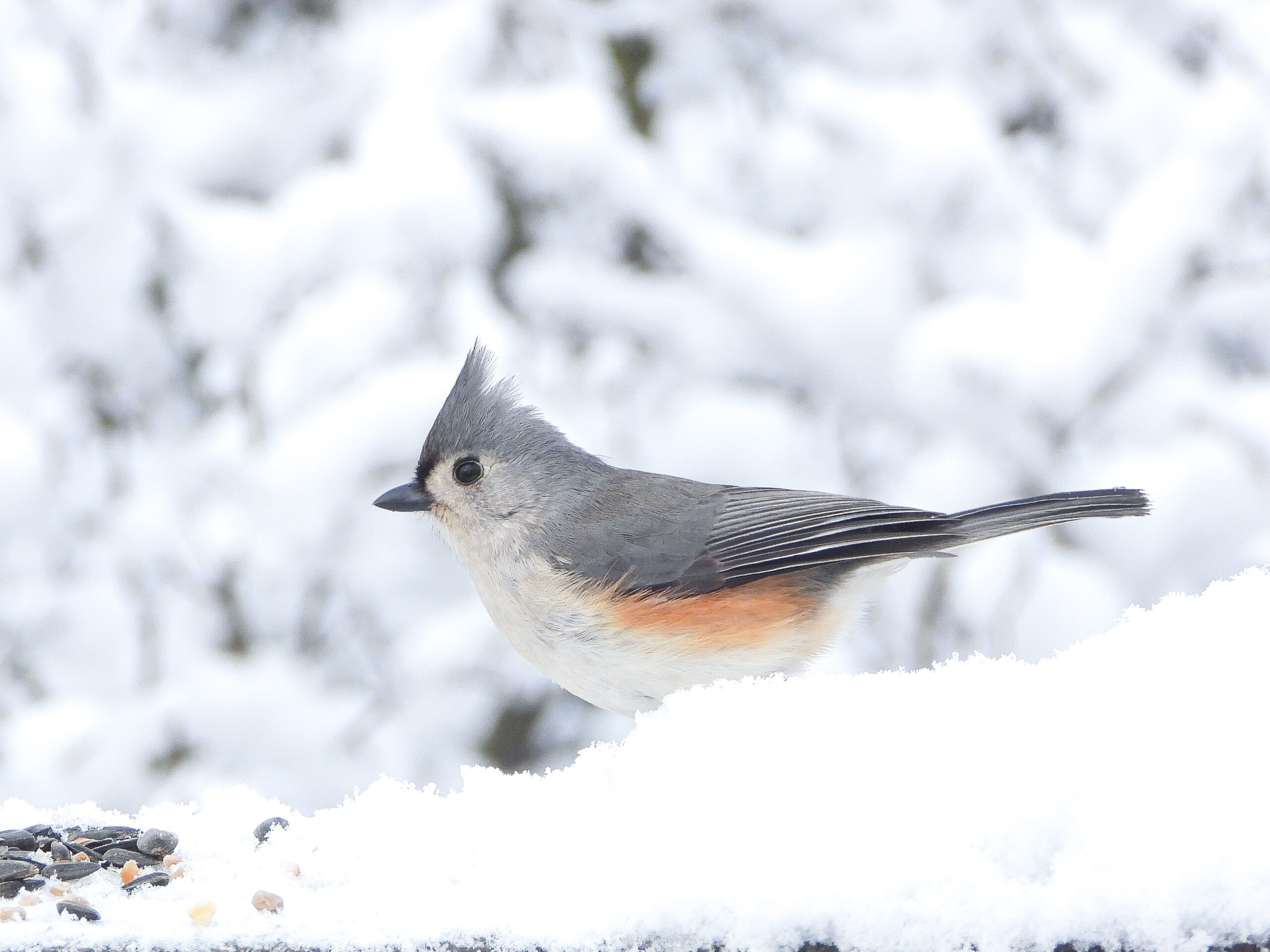By Claudette Sims, Halton Master Gardener
Perennials
Divide or transplant overcrowded or underperforming perennials as the weather cools and water in the new divisions well. For species-specific instructions consult this list. Leave perennials uncut for native bees and
birds.
Feed the soil
Bare soil is subject to erosion and loss of moisture which destroy habitat for soil microrganisms. Empty your compost bin into gardens and cover bare soil with organic matter such as compost, leaves, straw, mulch or manure.
Trees
Mulch young trees with wood chips. To reduce rodent and rabbit damage, use spiral tree guards and trim grass around the tree. Continue to water until freeze up.
Houseplants
Move houseplants indoors or take cuttings and restart them. Decrease watering as the days become shorter. Increase humidity by misting plants. Check for pests weekly.
Tender bulb overwintering (e.g., caladium, calla lily, canna, dahlia, elephant ears, gladiolus)
When the foliage dries or after first frost, dig up plants being careful not to damage the bulb. Clean off soil and dry bulbs for one to three days. Inspect for insects or disease. Store dried bulbs in a breathable container such as a cardboard box, leaf/paper bag. Arrange bulbs so they are not touching adding 3–6 cm (2–3″) of sand, vermiculite, sawdust, or wood shavings between layers. Label and store in a dark location at 4–7ºC.
Amaryllis
Place in a cool dark spot to allow the plant to complete a required 8–10 week dormancy cycle.
Seeds
Continue to collect seed for next year’s garden. Prepare containers for winter sowing of perennials. Grow your own butterflies by sowing seeds of their larval host plants!
Garlic
Plant from the end of October to mid-November, up until the ground freezes. This month’s Halton Master Gardener’s monthly newsletter, Cross Pollination, has more details on planting garlic; you can subscribe here.
Lawn and weeds
Rake or mow leaves and remove to garden beds. Leave some leaves uncut for beneficial insects and pollinators who overwinter in leaf litter. Keep on weeding as long as the soil is workable. When mowing is
done for the season, clean the mower and sharpen blades.
General clean up: shed, garage, patio, garden, etc.
Donate unused tools and repair, recycle or throw away broken items. Drain and store hoses and turn off the water supply. Clean and store/cover pots, watering cans, etc., to prevent cracking during freeze up. Cover ponds with netting before leaf fall or remove leaves in the pond with a bamboo rake.

